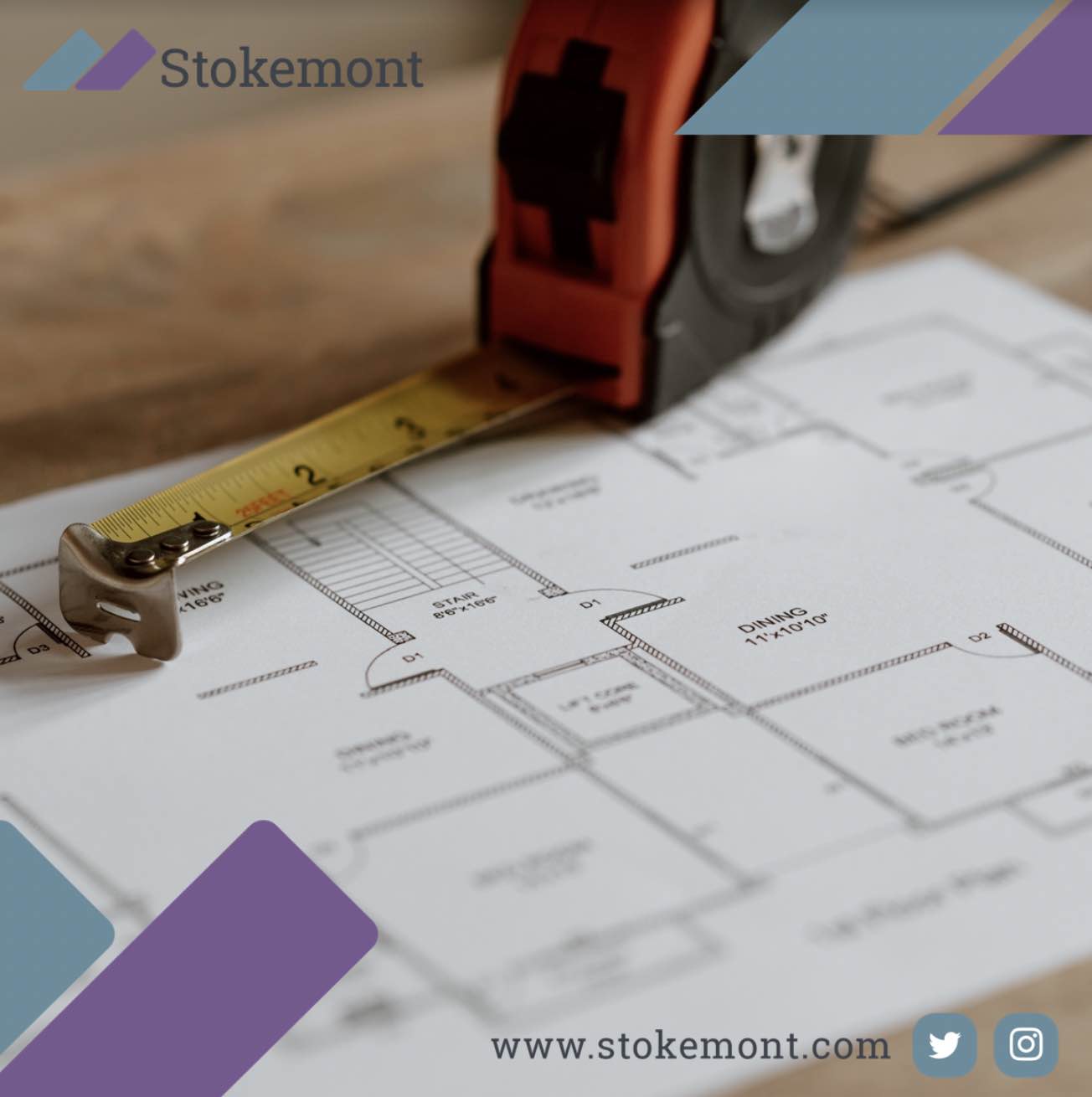Thank you for clicking on today’s property surveying blog post topic. Today, we are going to be taking a look at License for Alterations procedures.
Licence for Alterations procedures come into play if a leaseholder is planning on undertaking construction works, development, refurbishment or upgrade to their leasehold property and demise.
Under the requirements in terms of their lease, a leaseholder will need to go through the necessary Licence for Alterations procedures prior to having the formal consent and authority to undertake the proposed works.
The procedures and requirements that they will need to follow will very much depend on the wording of their lease and the respective alterations covenant.
An Alterations Covenant within a lease is effectively the wording stipulating exactly what can, cannot, and importantly if a leaseholder is able to undertake construction works to their property. The Licence for Alterations covenant will form part of each and every lease, and generally speaking, while there are significant variations in the wording and layout of alterations covenants, they will all follow the same three variations. These variations are as follows:
License for Alterations Covenants
Fully Qualified Covenant
A Fully Qualified Licence for Alterations Covenant is good news. The wording in the covenant will effectively mean the leaseholder is able to undertake the proposed works. Importantly, the covenant will set out that the freeholder, or landlord, cannot refuse consent for the proposed works.
In layman’s terms, this effectively means that the leaseholder is going to be given the legal consent to undertake the works, however will likely need to go through the necessary procedures and protocols set out by the Licence for Alterations process.
A key element of a Fully Qualified Covenant is that the freeholder/landlord is unable to refuse the alterations consent.
Here at Stokemont, with a view to making things simple and straightforward, if you were to compare this to a traffic light, this would be a green light.
Qualified Covenant
A Qualified Leasehold covenant is similar to a fully qualified covenant. However, importantly, the covenant will not set out that permission and consent from the landlord is required to be given.
In layman’s terms, this means that the landlord/freeholder is within their legal right to refuse the proposed works that the leaseholder is planning on undertaking.
Importantly, this refusal doesn’t need to be justified or set out with any form of reasoning.
The wording of the lease gives the landlord express authority to make the refusal without explanation.
If you were to compare this to a traffic light, again with the aim of being simple and straightforward, this would be an orange light.
Commonly, here at Stokemont over the years, we have seen Qualified Covenants come with stipulations and requirements. Commonly, one of these requirements could be that the leaseholder needs to pay an alterations premium, cost, or consent fee from their landlord. It is also worth noting that the consent fee or premium is at any form of logical scale. Instead it will be set at a level that the freeholder or landlord wants to obtain.
Absolute Covenant
An Absolute Covenant is unlike the Fully Qualified Covenant, or Qualified Covenant for that matter.
The covenant itself is highly restrictive, essentially stopping the leaseholder from being able to undertake any works to their property.
The Absolute Covenant will contain wording along the lines of ‘complete restrictions against alterations works’, therefore, if indeed a leaseholder is in a position whereby they have an Absolute Covenant, here at Stokemont, we would advise taking legal advice at the earliest opportunity, and certainly well in advance of preparing any professional deeds in respect of the proposals.
It is also important to note that an Absolute Covenant is not only a restrictive by nature, however, it is also restrictive through case law.
In particular, the case law we are referring to significantly changed the manner in which landlords and freeholders look at alterations covenants. Whereby, historically, a more liberal or development friendly landlord would overlook an absolute covenant, these days as a result of the case law referred to, this is no longer the case.
Irrespective of what alterations covenant you have, Licence for Alterations procedures can tend to be towards the complex end of the spectrum. There are not only going to be multiple different professionals that need to be navigated and liaised with, there are also going to need to be discussions, negotiations and considerations from both the leaseholders side and the freeholder’s side. These will not only bear added costs, however could also result in delay to the proposed works.
Here at Stokemont, over the years, we have dealt with thousands of Licence for Alterations procedures. From the very straightforward such as removal of floors, to the more complex such as removal of walls, structural changes or development works.
If you would like to discuss your Licence for Alterations procedures with our team of qualified and experienced RICS surveyors, please feel free to get in touch with us today and we will be more than happy to assist and advise you.
We are also very proud to offer a 30-minutes free, no strings, advice service. All you need to do is pop over a copy of your lease, along with any proposed drawings and plans. Our team of experienced and qualified surveyors will then review these, confirm what type of Licence for Alterations covenant your lease has, whilst also giving you some helpful and practical tips on how to best approach the proposed works. All you need to do to take us up on this offer is get in touch with us via our contact form on our website.




